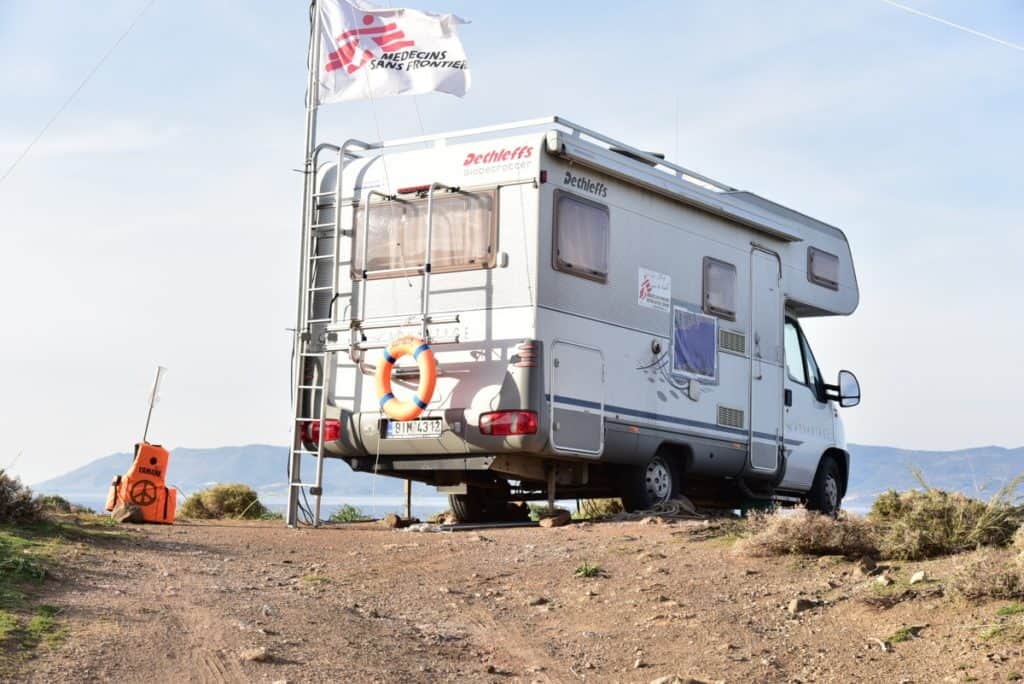If you are like most people, you enjoy the occasional camping trip or road trip in your recreational vehicle (RV). However, you may not realize that your RV needs a lot of electricity to run many of its modern appliances. That’s where a generator comes in. A generator can provide the power you need to keep your RV running smoothly, even when you’re far from home.
Types of Generators
There are two main types of generators: built-in and portable. Built-in generators are permanently installed in your RV, while portable generators are designed to be used temporarily. Both types of generators have their own benefits and drawbacks, so it’s important to choose the right one for your needs.
If you’re not sure which type of generator is right for you, keep reading. We’ll discuss the different features of each type and help you decide which one is best for your RV.
Portable generators
Portable generators are a great choice if you don’t have a specialized compartment built into your RV. By getting a 2000w generator, you will ensure that you have enough power to have a pleasant camping trip. Portable generators are much easier to maintain and repair, but you do have to fuel them separately since they can’t draw fuel from your fuel tank.
Portable generators are also less expensive than their built-in counterparts, but keep in mind that you can’t simply have a portable generator running in your RV. Before turning it on, you should move it to a designated area which may require a lot of physical strength.
Built-in generators
Built-in generators are usually a lot more powerful than their portable counterparts. Their wattage usually ranges from 3000 watts to 8000 watts and more, which is more than enough to power all of your major appliances, including air conditioning, fridge, microwave, etc.
Even though built-in generators are more expensive, they are more convenient to use since they take fuel directly from your fuel tank. They’re located in a special compartment on the RV, so you don’t have to worry about setting them up or transporting them.
The downside is that built-in generators can be difficult to access if they’re located in a tight space. Also, because they’re permanently installed, they can be more difficult to repair or replace if something goes wrong.
Things to Consider Before Buying a Generator for Your RV
When choosing a generator for your RV, the most important features to look for are size, fuel efficiency, and quiet operation.
- Size is important because if you’re going to buy a built-in generator, it should be able to fit inside your generator compartment. On the other hand, if you decide to go for the portable generator, you should be able to lift it and transport it to your campsite.
- Fuel efficiency is also a major factor since you don’t want to waste your time and money refueling your generator constantly.
- Quiet operation is vital because you don’t want to disturb your fellow campers with a loud engine. After all, you’re going camping to listen to the sounds of nature rather than being deafened by the rumbling of an engine.
If you can find a generator that has all of these features, then you’re sure to have a great camping experience.
How to Properly Use a Generator
If you enjoy traveling in your RV, then you know how important it is to have a good generator. A generator can provide you with the power you need to run your lights, fridge, and other essential camping equipment. But how do you use and maintain your generator so that it lasts for years to come?
Here are some tips:
- Read the manual before using your generator. This will help you understand how it works and what maintenance it may need.
- Perform regular maintenance on your generator, such as checking the oil level and changing the air filter.
- Be sure to store your generator in a safe, dry place when not in use.
By following these tips, you can be sure that your generator will be ready to go when you are.
Propane vs Gas Generators
As you may know, generators come in a variety of sizes and fuel types. When deciding which generator is right for you, one of the main considerations is fuel type. So, what’s the difference between propane and gas generators?
- Propane generators are usually more expensive than gas generators, but they have a few advantages. First, propane is a cleaner burning fuel than gas, so it’s better for the environment.
- Second, propane generators can run for longer periods of time without needing to be refueled.
- And finally, propane is less likely to gum up your generator’s engine than gas.
A Generator Gives Life to Your RV
Nowadays, it is unimaginable to live without electricity for too long, even when you’re traveling in your RV or simply going on a camping trip. You need it to run major appliances like the fridge and to be able to recharge your smartphone and other gadgets. Thus, your choice of a generator will determine whether your trip will be a pleasant one or not. We have that this guide will help you in your quest to find the right generator for your RV.
